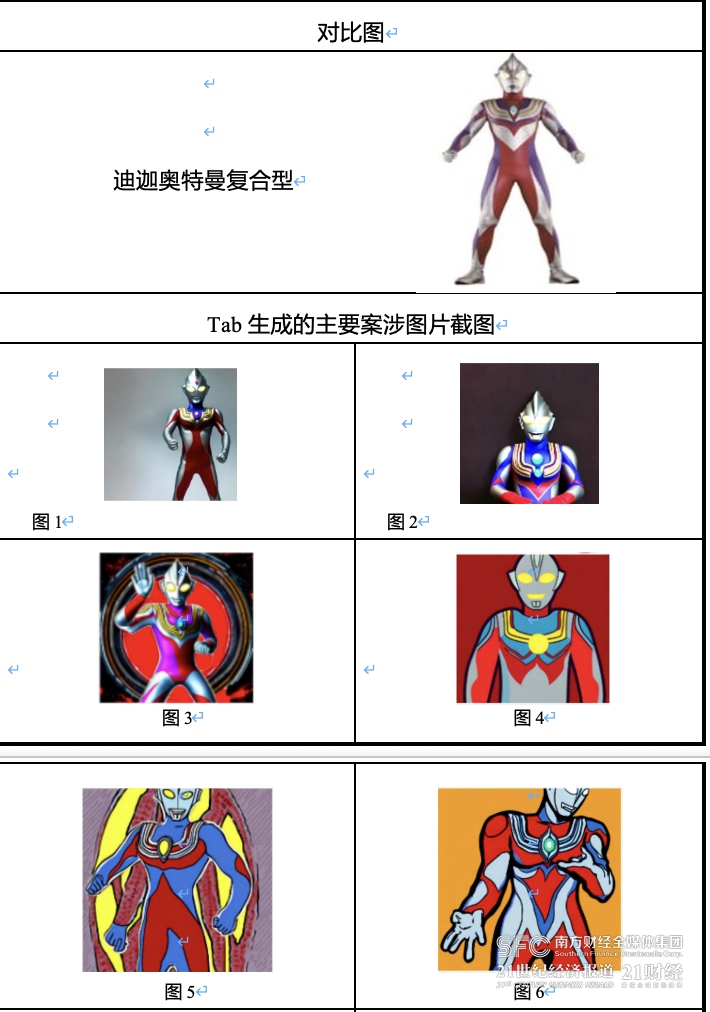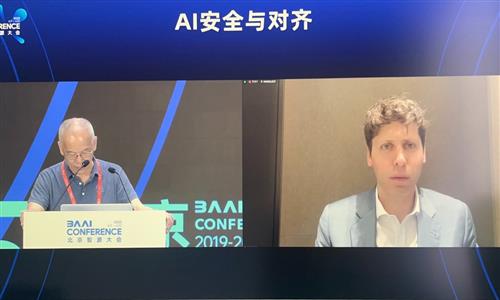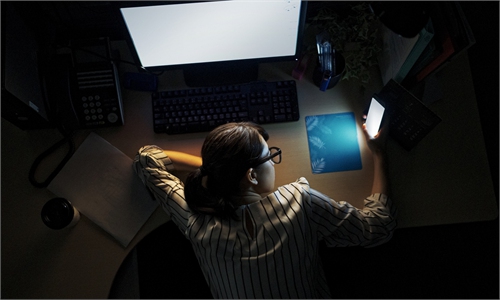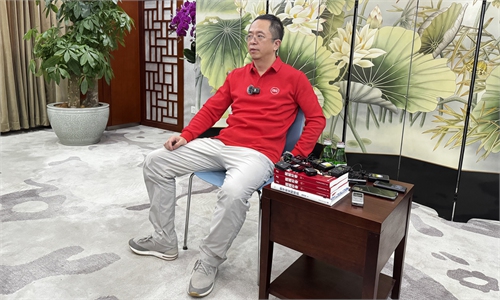China issues world's 1st legally binding verdict on copyright infringement of AI-generated images

A comparison chart shows Ultraman Tiga and screenshots of the main case-related images produced by the defendant company. Photo: 21st Century Business Herald
China ruled on a case of infringement of copyright by an AI-generated service, the first effective ruling of its kind globally, which provided a judicial answer to the dilemma of whether the content generated by AI service providers infringes on copyright, media reported on Monday.
According to the 21st Century Business Herald, the Guangzhou Internet Court ruled that the an AI company had infringed the plaintiff's copyright and adaptation rights to the Ultraman works in the process of providing generative AI services, and should bear relevant civil liability.
The protagonist of this case was the super IP Ultraman. In this case, the copyright owner of the "Ultraman" works exclusively authorized the copyright of the series images to the plaintiff, while the defendant company operated a website, providing services with AI conversation and AI-generated painting functions.
The plaintiff found that when requesting the website to generate Ultraman-related images, the photos generated by the website were substantially similar to the plaintiff's Ultraman image. Additionally, the AI drawing function of the website was a member-exclusive service, which required additional membership fees.
The plaintiff believed that the defendant, without authorization, unlawfully used the plaintiff's rights to train its model and generate substantially similar images, and through the sale of membership and other value-added services to obtain illegal profits, causing serious harm to the plaintiff.
The judgment showed that the images generated by the defendant, partially or completely copied the original artistic work. Therefore, the defendant copied the work without permission, infringing on the plaintiff's reproduction rights. In addition, some of the generated images formed new features based on the original expression, infringing on the plaintiff's adaptation rights.
Zhou Chengxiong, deputy director of Consultation and Research Center for Strategic Issues at the Chinese Academy of Sciences, told the Global Times on Tuesday that the judgment may lead to some AI companies in China being hesitant to further invest and develop, as they may perceive the legal risks to be too high.
Zhou said that the waning enthusiasm for investment is likely to hinder technological innovation, therefore potentially widening the gap between China and other leading powers in AI technology amid fierce international competition.
Besides, the judgment specified the duty of care for providers of generative AI services. Since users lack clear awareness of the potential copyright infringement risks to others, especially copyright owners, the providers of generative AI services should remind users through service agreements.
AI service providers should also establish a complaint reporting mechanism to facilitate rights holders in protecting their copyrights. Furthermore, if AI-generated content may cause confusion or misidentification among the public, service providers have a duty to prominently label the content in a reasonable location or area.
The Guangzhou Internet Court emphasized that considering the fact that the generative AI industry is still in its early stages of development, it is necessary to balance between rights protection and industry development, and it is not appropriate to excessively burden service providers, while the service providers should actively fulfill reasonable and affordable duty of care, in order to contribute to the establishment of a Chinese-style artificial intelligence governance system that promotes both security and development, balance and inclusiveness, as well as innovation and protection.
The court ultimately ruled that the defendant must compensate the plaintiff for economic losses equal to 10,000 yuan ($1,389).
In November 2023, the Beijing Internet Court ruled that an AI-generated image in an intellectual property dispute was an artwork protected by copyright law, which is the first case of its kind ruled in China.



